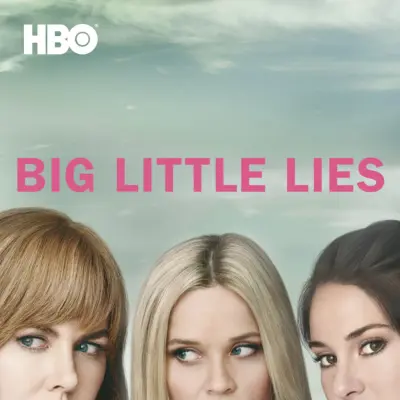Big Little Lies Season 2 was a metaphor for post-#MeToo power in Hollywood
-

The Season 1 finale, airing six months before Harvey Weinstein was taken down for sexual misconduct, was remarkably prescient in anticipating the #MeToo movement, says Michael Schulman. Season 2, despite all its flaws, was even better in being a metaphor for life in Hollywood following #MeToo. "The writing was soapier, the editing choppier," says Schulman. "The original finale was so satisfying—did the second season even need to exist? On an aesthetic level, that’s a fair question. But I’d argue that the second season finds its raison d’être as a parable of post-#MeToo Hollywood. This season, the characters confronted not a male victimizer but their own blindness and complicity." Schulman adds: "Being a female Hollywood star means something completely different than it did when Big Little Lies started, and Season 2 reflected a certain cognitive dissonance. Shouldn’t we have known? Can we disavow even our abusers? ... And then there’s Meryl Streep, who was the season’s archvillain as Mary Louise, Perry’s diabolically passive-aggressive mother. With her prosthetic teeth and bargain-bin spectacles, Mary Louise is a startlingly specific creation (her resemblance to Pauline Kael, who was Streep’s foremost critic, has not gone unnoticed), but she’s also an avatar of denial, a sort of Aunt Lydia figure who upholds the worst of the patriarchy because she can’t bear to see her son as its perpetrator. Streep’s casting reinforced Big Little Lies as a top-of-the-A-list prestige project and also complicated its subtext. Streep herself was a beneficiary of Weinstein’s power-mongering."
ALSO:
TOPICS: Big Little Lies, HBO, Meryl Streep, Zoë Kravitz
More Big Little Lies on Primetimer:
